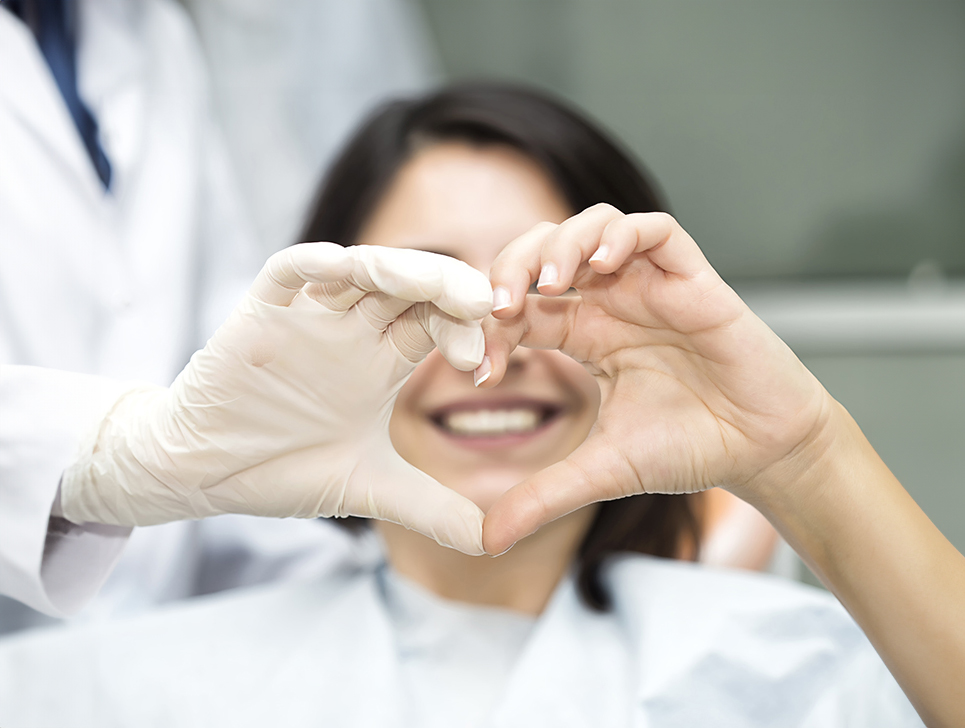Braces For Teens: An Overview
Waterford & Norwich, CT
Is My Teen Ready For Braces?
When it comes to orthodontic care, teens are often thought to be the best age to start. That’s because, by this age, the facial bones are more fully developed, making it easier to recognize and fix any problems. However, every patient’s case is different, and there is no set age when orthodontic treatment should begin. The decision to wear braces or not should be made on an individual basis, based on what the patient needs.
If you are thinking about getting braces for your teen, you should talk to Drs. O’Leary and Hack. They can figure out what your child needs and make a treatment plan that is right for them.
Our Process
Our team at OASECT works hard to give each patient a personalized orthodontic experience so that everyone who comes through our doors can get their dream smile. During your first visit, we will take X-rays and digital scans so we can get a complete picture of your oral health and make better decisions about what treatments you need.
Once we have all the information collected, our orthodontist will talk to you about the different ways to straighten your teeth. We are happy to speak with you about any concerns you may have, such as questions about specific types of braces. We’ll decide together what kind of braces are best for your needs and goals.
Life With Braces
Your teen’s life shouldn’t change too much because they have braces, but there are a few minor lifestyle changes to be mindful of. We suggest avoiding hard, chewy, or sticky foods because they tend to break or damage braces. If your teen eats something they shouldn’t and their braces break, you should call your orthodontist right away to make a repair appointment. In the meantime, your orthodontist can give them dental wax to put on any wires that might poke their gums. Your teen should wear a mouthguard that works with braces when playing contact sports or other intense physical activities. This will effectively protect their teeth and appliances.
Braces are not a painful treatment but can make your mouth sore after some adjustment visits. During these appointments, the Drs. O’Leary and Hack will tighten your braces to keep the treatment moving at the right pace. For the first day or so after a tightening, you can ease any pain or discomfort by eating soft foods and taking an over-the-counter pain reliever. Some people experience irritation when they first get braces because the metal brackets are a foreign object rubbing against the soft gums or tongue tissues. If you put some dental wax on top of the brackets, the surface will be smooth, and the irritation should lessen.
Also, remember that braces need a bit more care and attention when it comes to dental hygiene. Plaque and buildup are attracted to the brackets and wires, which makes it easier to get cavities, gum disease, or stained teeth. To keep your teeth healthy and white while you’re getting braces, it’s essential to take the time to thoroughly brush between the brackets and use the flosser we recommend.



